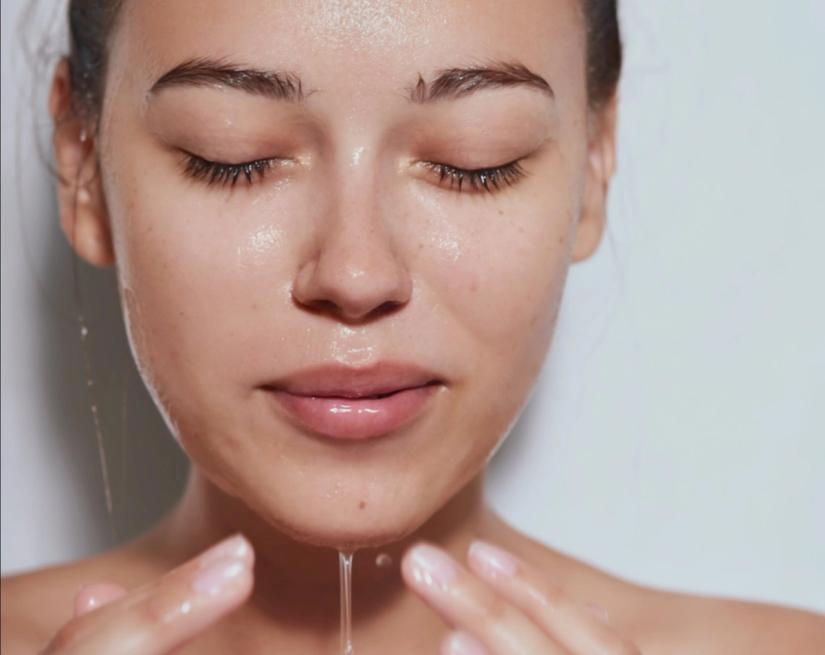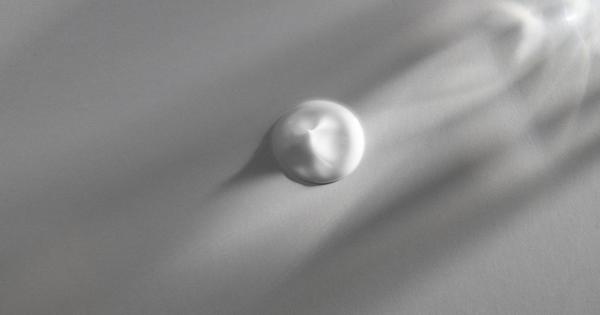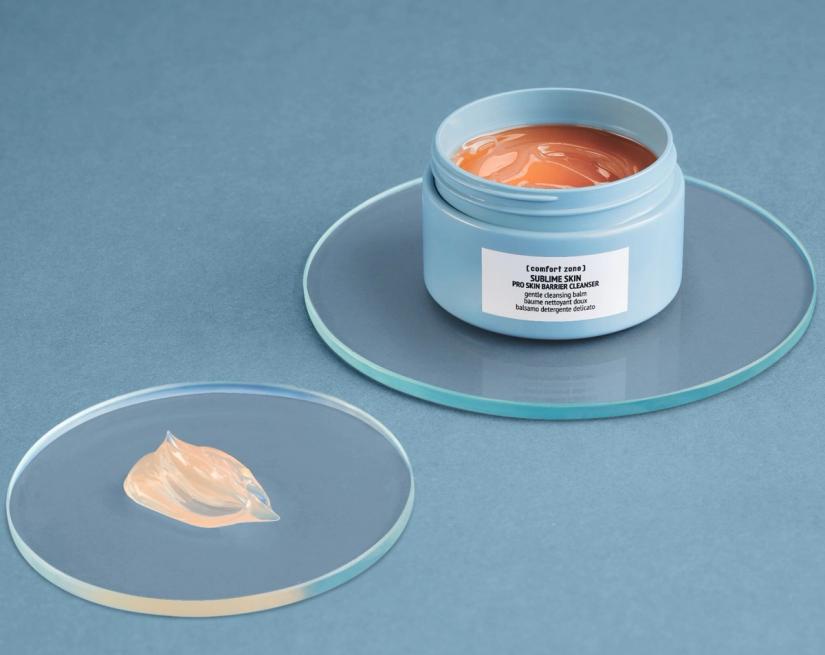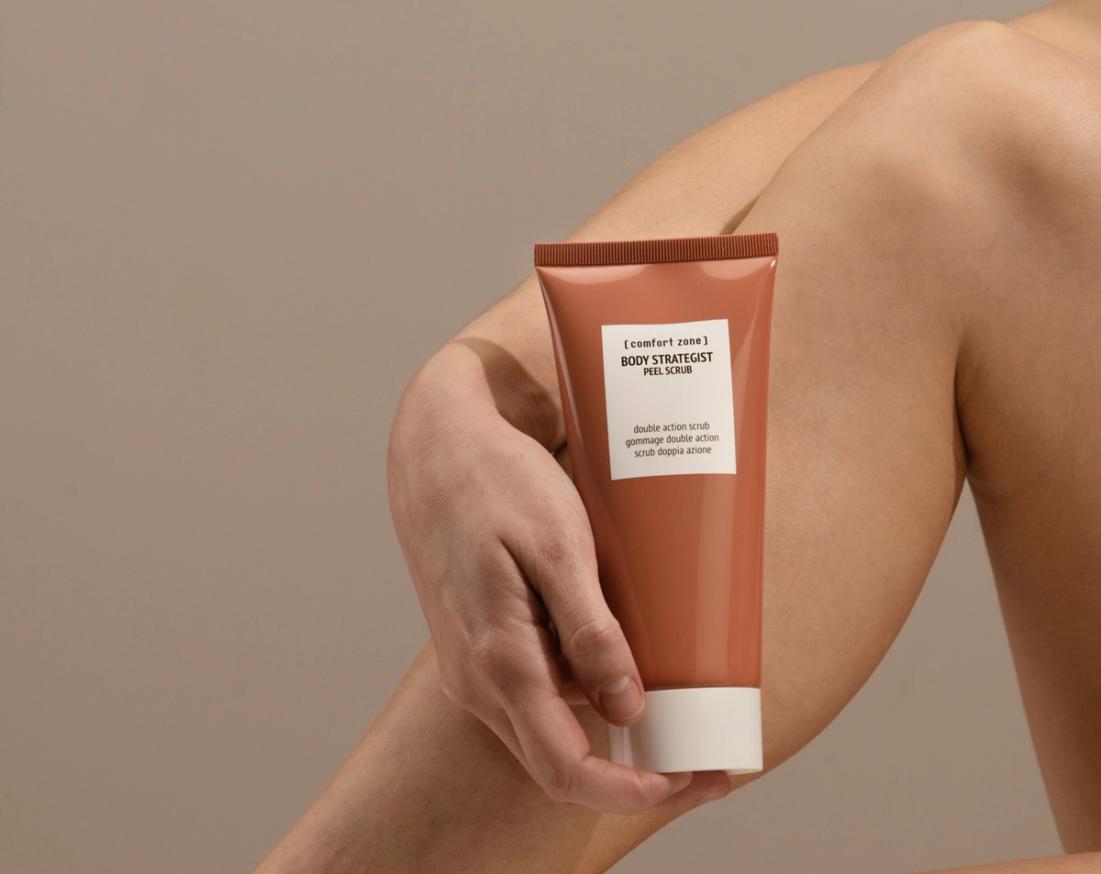skin care
The Impact of Hot Water on Your Skin: What You Need to Know
Maria Giulia Simonazzi | International Training Manager
10 min read

Maintaining healthy skin is an essential aspect of our daily routines, and the temperature of the water we use plays a pivotal role in this. While the soothing warmth of hot water can offer relaxation and comfort, it's vital to recognize that its application requires mindfulness. The impact of water temperature on our skin is more than just a matter of personal preference; it directly influences our skin's health and overall well-being.
In this article, we will dive into the effects of hot water on various skin types and uncover the conditions that may arise when this essential element of our daily routine is not approached with consideration. Understanding the relationship between hot water and skin health is key to building a skincare routine that promotes both relaxation and optimal well-being.
"Similar to the negative effects of hot water on the skin are the effects of steam in facial services, especially when used on dry or sensitive skin types. It can intensify drying effects or put strain on sensitive skin, which is not conducive to the end goal of achieving healthy, luminous skin for facial treatments."
Christine Lee - Comfort Zone Master Educator
Is Hot Water Bad for Your Skin?
Despite its soothing allure, hot water has the potential to strip the skin of its essential natural oils, known as sebum. This depletion can result in noticeable dryness, flakiness, and heightened sensitivity. Furthermore, the temperature of hot water can compromise the skin's natural barrier function, a crucial element in shielding the skin from external irritants. The skin barrier, when intact, serves as a defense mechanism, and hot water can weaken this defense, making the skin more susceptible to environmental stressors.
Hot water also plays a pivotal role in the development of itchy skin. The stripping away of the skin's protective oils by hot water renders it prone to dryness and discomfort, culminating in persistent itchiness. This effect on the skin's protective barrier can be likened to the aftermath of sunburn, where the skin becomes parched and vulnerable.
Incorporating soothing practices, such as the application of moisturizing lotions, becomes imperative in mitigating the adverse effects of hot water on both dry and oily skin types.
Optimal Water Temperature for Skin
Achieving radiant skin begins with understanding the impact of water temperature. The right water temperature is crucial for maintaining the skin's natural balance and health. While a hot shower may be enticing, exposure to hot water may cause skin discomfort, including dryness and heightened sensitivity. Hot water tends to strip away essential oils from the skin, making it even more important to protect the skin’s natural protective layer.
Using lukewarm or cool water for cleansing offers numerous benefits. Ideally, keeping the water temperature close to body temperature, around 98-100°F or 37-38°C, is optimal. This approach minimizes shock to the skin, helping to retain its natural moisture and preserve the integrity of the skin barrier. Lukewarm water strikes the right balance, effectively cleansing without causing unnecessary dryness or irritation. Consistency is key. By prioritizing the appropriate water temperature, you can ensure that you are sustaining healthy skin over time.
Understanding Skin Types and Conditions
The epidermis is the outermost layer of the skin, responsible for protecting the body from external factors like pollutants, UV radiation, and pathogens. Our skin is our shield, so it’s important to know what type we have so we can be cautious of what water temperature we use. The types are generally categorized into three main groups: dry, oily, and combination.
- Dry skin: Dry skin is characterized by a lack of natural oils, resulting in tightness, flakiness, and sensitivity. Hot water exacerbates these concerns by stripping away essential oils, intensifying dryness and compromising the skin barrier, leading to increased sensitivity. For those with dry skin, it's advisable to opt for lukewarm water during cleansing and bathing to preserve essential oils and prevent further dehydration.
- Oily skin: Excess sebum production is a defining trait of oily skin. Sebaceous glands become hyperactive, resulting in an oily complexion. This excess oil often leads to breakouts or enlarged pores, as they become clogged with sebum, dead skin cells, and impurities. While the warmth of water can open up pores and help with cleansing, excessive heat may stimulate sebaceous glands, exacerbating oiliness.
- Combination skin: Combination skin exhibits features of both dry and oily skin. The T-zone (forehead, nose, and chin) tends to be oilier, with enlarged pores and potential acne. On the other hand, the cheeks may experience dryness, flakiness, or tightness. Using lukewarm water for cleansing helps avoid extremes, effectively cleaning the skin without over stripping dry areas or stimulating excess oil production.
Additionally, there are common skin conditions that can impact your skin’s health. If you have any of these concerns, you should be extra cautious of using hot water. They include:
- Eczema: Eczema is an inflammatory skin condition characterized by red, itchy patches. It is often associated with dry skin and is more susceptible to external irritants.
- Psoriasis: Psoriasis is a chronic condition that results in thick scaly, red patches on the skin. Psoriasis often occurs on the elbows, knees, back, or scalp.
- Rosacea: Rosacea is a common condition that is often characterized by facial redness, flushing, and visible blood vessels. Rosacea can be triggered by sun, food, stress, or even exercise.
- Breakouts: Breakouts include pimples, blackheads, or whiteheads and are often seen in individuals with oily skin, due to the overproduction of sebum.

Avoid Hot Water for Better Hydration and Skin Health
Staying hydrated is a big deal for keeping your skin healthy. But hot water can make your skin lose its natural oils and end up dry and sensitive. To replenish the skin’s moisture, use lukewarm water for cleansing. Follow with a moisturizer containing ingredients such as hyaluronic acid to replenish and lock in moisture. And don't forget about proteins like keratin—they help your skin stay strong and keep the hydration locked in. So, to keep your skin in good shape, drink enough water, use hydrating products, and be mindful of things like hot water that can mess with your skin's hydration.
Skincare Routine and Products
Healthy skin is maintained with a consistent skincare routine. A regular regimen can address specific skin concerns, enhance skin health, and prevent future problems. For a customized approach, consider selecting products based on your skin type.
- For dry skin, opt for hydrating products like moisturizers and serums, as well as gentle cleansers.
- For oily skin, use oil-free or lightweight products to control sebum (excess oil) production.
- For combination skin, you may need to use a balanced approach. For example, using Comfort Zone’s Tranquility™ Oil when bathing, followed by Tranquillity™ Body Cream will address both oily and dry areas.
- For sensitive skin, opt for fragrance-free and hypoallergenic products, and remember to be gentle.

Nurturing Your Skin’s Well-Being
To achieve radiant skin, it’s important to understand how external factors—such as the temperature of the water you use—impact it. By knowing the ideal water temperature for your specific skin type and selecting suitable skincare products, you can maintain a healthy skin barrier for revitalized, luminous skin. Whether you’re building your skincare regimen from scratch or wanting to address a specific concern, Comfort Zone offers a diverse range of clean, natural-origin products you can use.


